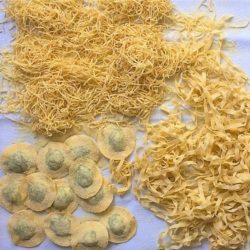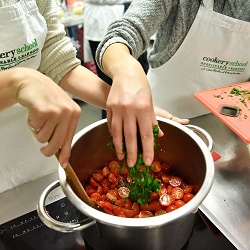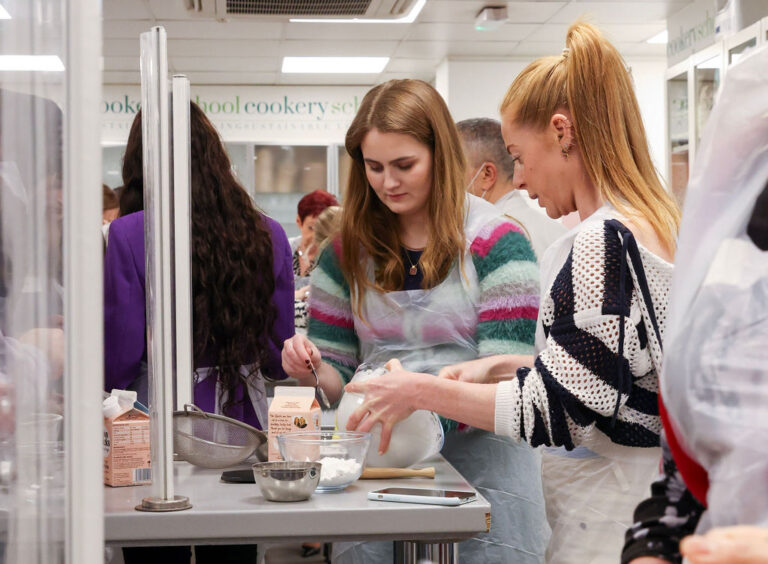The top three benefits of growing your own fruit and vegetables
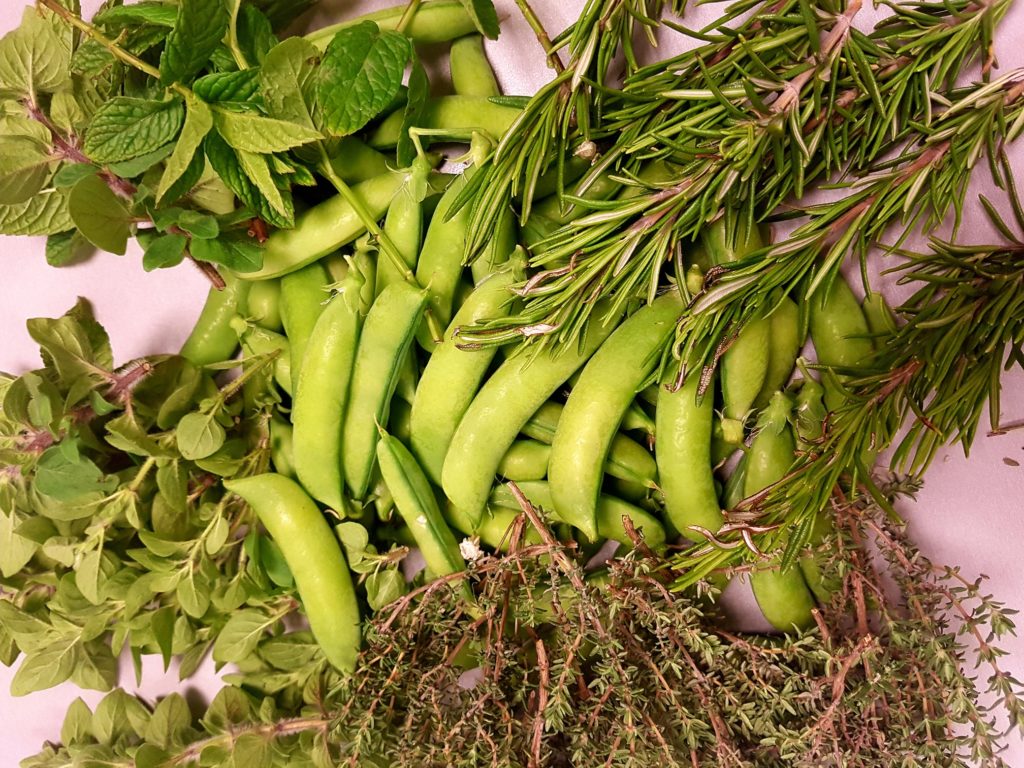
Nicky Roeber is the Online Horticultural Expert at Wyevale Garden Centres. Here, he shares the top three benefits of growing your own fruit and vegetables at home.
As we become more conscious of how our everyday choices and actions can affect the environment, many people are making the switch to growing their own fruit and vegetables. However, the benefits extend beyond just helping the planet: it can save you money and improve your health too.
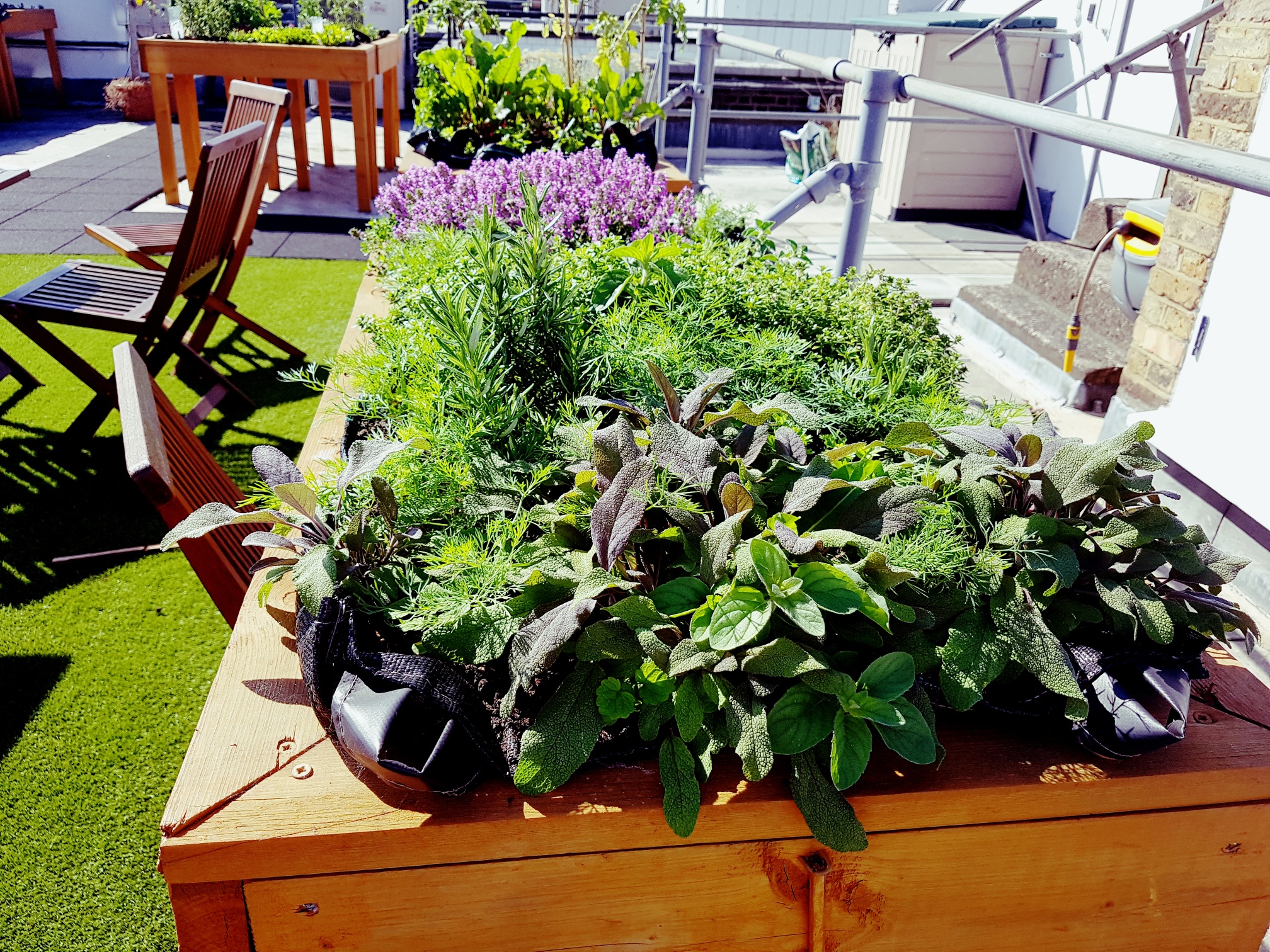
It’s better for the environment
A big incentive to grow your own fruit and vegetables is the effect it has on the environment. For starters, any greenery is a good thing for our planet, soaking up carbon dioxide and sending out oxygen again.
By keeping things hyper-local, you’re also avoiding the plastic packaging from the foods you’d usually buy in a supermarket, reducing the amount of plastic that goes into landfill. It can also help to reduce the amount of fossil fuels being burned in the transportation process.
Growing your own food also means you can avoid the use of harmful pesticides and fertilisers that are often used in commercial food production. These chemicals can have a severe negative impact on the environment, as they don’t just kill pests — they affect helpful insects such as bees as well . When you have full control over the growing process, you know exactly what’s gone into and onto it, and you can rest easy knowing you’ve not used any harmful chemicals.
As a natural alternative to pesticides, try introducing ladybirds into your garden, as these will eat aphids such as blackflies and greenflies. To attract them, plant chives, lavender and calendula – three favourites of the beautiful bug. A simple mixture of soap and water, as well as cucumber and mint, can help to deter black ants. So, why not add some cucumber and mint to your vegetable garden?
It’s good for your health
Growing your own fruit and vegetables can also be great for your health. Not only will you be more inclined to eat healthier because you’ve put the time and effort into growing them, but your food will be more nutritious. This is because, after being picked, food grown through commercial methods has to go through a long process of packing, transportation, and storage before it reaches your dinner table. The longer this process is, the more nutrients the food loses. Growing your own food and eating it as fresh as you possibly can means you’re going to get more goodness from each bite.
Some of the most nutritious fruit and vegetables you can grow at home include:
- Berries like strawberries, raspberries, and blueberries: Rich in antioxidants, iron, and vitamins that can your boost immune system and help you to maintain healthy brain function and vision. Plant in early autumn or spring.
- Tomatoes: High in vitamins A, C, and E, as well as anti-inflammatories and potassium. Grow in a warm, sunny spot like a greenhouse, and stake for support, or grow bush varieties like ‘Tumbling Tom’ that are small enough to be grown in pots and don’t need staking.
- Kale: High in vitamin C, omega-3, omega-6, fibre and antioxidants for a healthy immune system, skin, nails, and hair. Sow in spring in seed beds, and plant out once the seedlings have grown to about 10cm tall.
- Peppers: High in vitamins A and C, which can help to boost your immune system and vision. Grow in a warm, sunny spot, like a greenhouse, and stake for support.
- Garlic: High in vitamins B1 and B6 to boost the immune system. Great for a healthy liver, lungs, and stomach. Plant in well-drained soil in the early autumn.
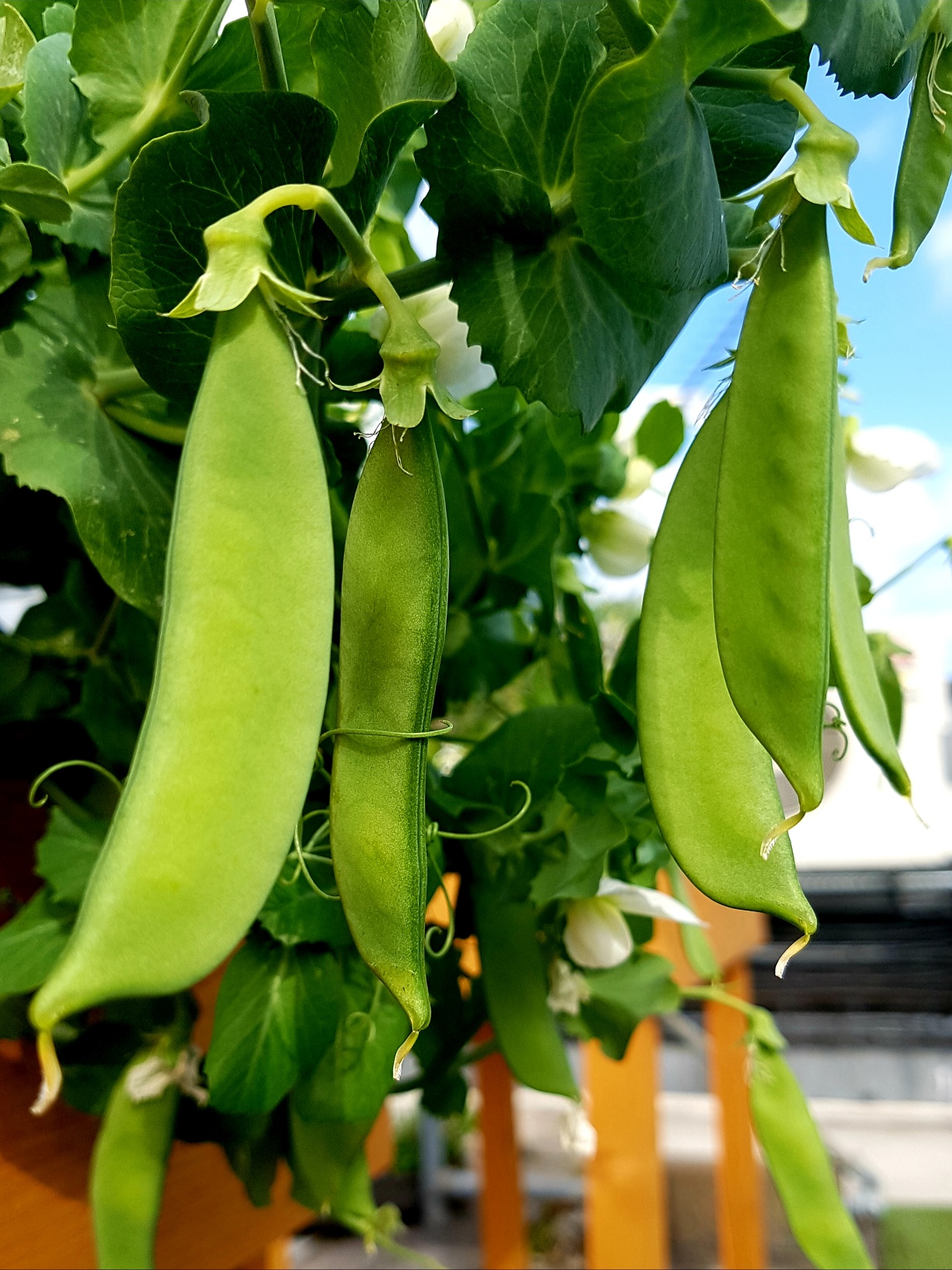
It’s cost-effective
Growing your own fruit and vegetables can also be cost-effective, especially if you grow from seed. Fruit bushes such as raspberries, blueberries and gooseberries will produce fruit year after year, and salad crops like lettuce and baby spinach will keep growing back as you harvest them, saving you that weekly trip to the supermarket. To get started, choose fruit and vegetables that will grow quite quickly, as you’ll get a higher yield in a shorter space of time. These include:
- Lettuce: 30 days. Grow in moist, fertile soil.
- Baby carrots: 30 days. Plant in soil about eight-inches deep, leaving an inch at the top.
- Radishes: 25-30 days. Sow seeds in moist, fertile soil in the summer.
- Strawberries: 28–42 days. Plant in well-drained, fertile soil in full sun.
—
We’re big fans of growing our own produce – we have a rooftop allotment in central London where we nurture and tend to a wide range of vegetables and herbs. How are you going to start your gardening adventure?
Category
Ingredients Sustainability

